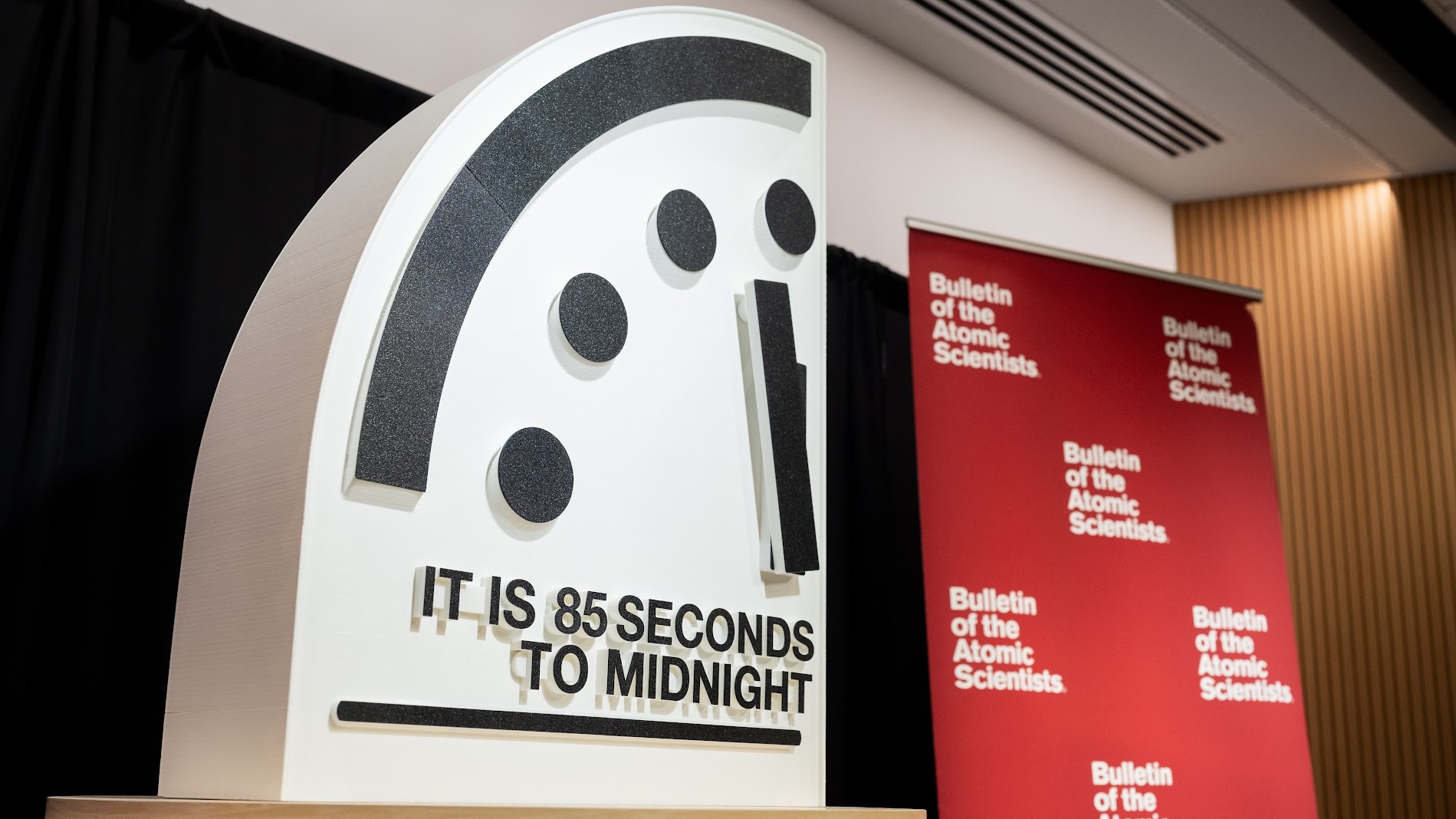Blood clot risk linked to taking common painkillers alongside certain hormonal birth control
Using NSAIDs and hormonal birth control together increased the overall risk of blood clots in women in the study, but the researchers stressed that the overall risk is still low.
Women who use some types of hormonal birth control and common painkillers called nonsteroidal anti-inflammatory drugs (NSAIDs) at the same time may have a slightly increased risk of developing blood clots, new research suggests.
In an observational study of 2 million women in Denmark published Wednesday (Sept. 6) in the journal The BMJ, researchers found that those who used NSAIDs at the same time as hormonal contraception had an increased risk of developing blood clots in their veins, a potentially disabling or deadly condition known as venous thromboembolism (VTE). NSAIDs include drugs like ibuprofen, naproxen and diclofenac.
The study authors emphasized that, even among women using the highest-risk contraception option studied, the absolute risk of VTE they observed was still relatively low — around 0.02% of women in the highest-risk category. Still, they say the findings could help inform health care providers who are advising patients on which drugs may be most suitable for them.
"Considering the millions of women exposed to these drug classes, it is of course of interest, in a public health matter, to reduce the risk of thrombosis [blood clots] in concomitant users of these two drug classes," Dr. Amani Meaidi, lead author of the study and a postdoctoral researcher at the University of Copenhagen, told Live Science in an email.
Related: 1st over-the-counter birth control pill approved by FDA
In past studies, hormonal contraceptives and NSAIDs have separately been linked to an increased risk of developing VTE. However, there has been little research into whether using both at the same time could exacerbate this risk.
In the new study, researchers looked at the medical records of 15- to 49-year-old women living in Denmark between 1996 and 2017 who had never had a blood clot, cancer, infertility treatment or surgery to have their uterus removed. They tracked people's prescriptions for hormonal birth control and NSAIDs using Denmark's National Registry of Medicinal Product Statistics. In all, more than 529,000 women used hormonal contraception and NSAIDs at the same time, with the most common NSAIDs being ibuprofen, diclofenac and naproxen.
Get the world’s most fascinating discoveries delivered straight to your inbox.
The team categorized different types of hormonal contraception into risk levels based on earlier studies that investigated the risk of blood clots in people who took them. "High-risk" contraceptives included combined estrogen and progestin patches, vaginal rings, and pills containing 50 micrograms of estrogen. Combined oral contraceptives and medroxyprogesterone injections (Depo-Provera) were deemed "medium risk," and progestin-only tablets (often called "minipills"), implants and hormonal IUDs were considered "low" or "no risk."
They found that using NSAIDs alone was linked to a slightly increased risk of blood clots, and that the risk was somewhat amplified when a medium-to high-risk hormonal contraceptive was added.
The combined risk is higher in women who also used high-risk contraception than in those who used medium- or low-risk varieties. For women who didn't use hormonal contraception, for every 100,000 who used an NSAID for a week, the team estimated that an extra four would develop a blood clot than if they didn't use NSAIDs. This number remains about the same for women using NSAIDs with low-risk contraceptives, but it jumps to 11 for those using medium-risk options and to 23 for women on high-risk contraceptives.
"This potentially suggests a synergistic drug interaction between these two drug classes," Meaidi said. However, in the paper, her and her co-authors note that "further research is warranted to determine the potential existence and mechanism of such drug interaction."
The study authors did highlight several limitations of the research. For instance, they're missing information on smoking and obesity rates among those studied, which may have affected the findings. Nor did they consider race or ethnicity, which can influence someone's risk of developing blood clots.
Also, because this was an observational study, it does not show that either drug class, alone or combined, directly causes blood clots.
Dr. Andrew Kaunitz, a professor of obstetrics and gynecology at the University of Florida who was not involved in the research, also said it was possible that an issue called protopathic bias may explain the findings. This term describes when a drug is prescribed to treat the initial symptoms of a disease that hasn't yet been diagnosed.
"Use of NSAIDs by reproductive age women might reflect early (not yet diagnosed) conditions, such as lupus or rheumatoid arthritis, conditions which themselves are associated with an elevated risk of clot," Kaunitz told Live Science in an email.
When considering the risk of blood clots tied to hormonal contraception, Kaunitz said it's important to keep that risk in context. "It is important to keep in mind that the condition which contraception prevents, notably pregnancy, is associated with a much higher risk of blood clot than any contraceptive," he said.
This article is for informational purposes only and is not meant to offer medical advice.

Emily is a health news writer based in London, United Kingdom. She holds a bachelor's degree in biology from Durham University and a master's degree in clinical and therapeutic neuroscience from Oxford University. She has worked in science communication, medical writing and as a local news reporter while undertaking NCTJ journalism training with News Associates. In 2018, she was named one of MHP Communications' 30 journalists to watch under 30.
 Live Science Plus
Live Science Plus






